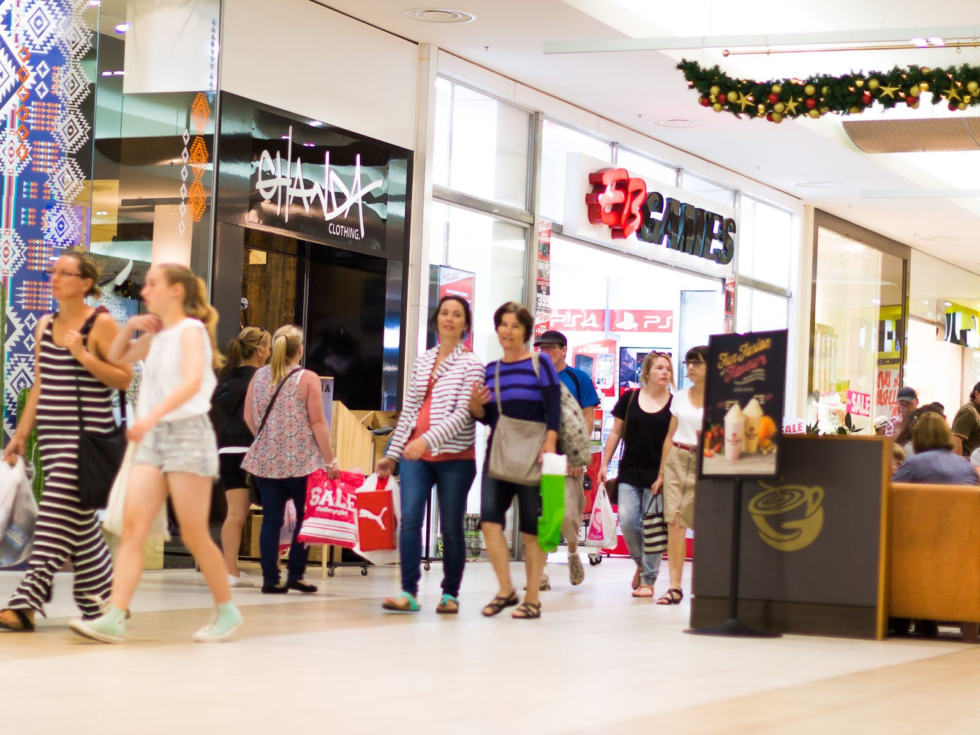
Interest rates will have to keep rising to stop the “insidious” damage caused by inflation, the world’s key central bank has signalled while warning businesses are contributing to global cost-of-living pressures by pushing up their prices to maintain profits.
As signs grow that some pressure is coming out of Australia’s jobs market, the Bank for International Settlements (BIS) said overnight it feared the global economy was facing a “growth illusion” caused by years of very low interest rates and poor government policy.
The BIS, the central bank to the world’s central banks such as the Reserve Bank of Australia, used its closely watched annual report to warn a series of interconnected problems meant the economy had reached a “critical and perilous juncture”.
Central banks were lifting interest rates to target prices that were rising too fast, both public and private debt levels were high, asset prices including houses were at historically high levels, and risk-making that was “rife” in financial markets during the low rate period ahead of, and during, the COVID-19 pandemic was now being exposed by tighter monetary policy.
According to the BIS, the underpinnings of the global economy have been eroded by years of cheap money and poor government-level policies.
“The challenges the global economy is now facing reflect, in no small measure, a certain ‘growth illusion’, born out of an unrealistic view of what macroeconomic stabilisation policies can achieve,” it said.
“We should avoid falling into the same trap again. Its unintended result has been reliance on a de facto debt-fuelled growth model that has made the economic system more fragile and unable to generate robust and sustainable growth.”
The Reserve Bank has lifted interest rates at 12 of its past 13 meetings, taking the cash rate from 0.1 per cent in May last year to 4.1 per cent in a bid to rein in inflation, which is currently at 7 per cent. Financial markets put the chance of another increase at its July meeting at one in three.



